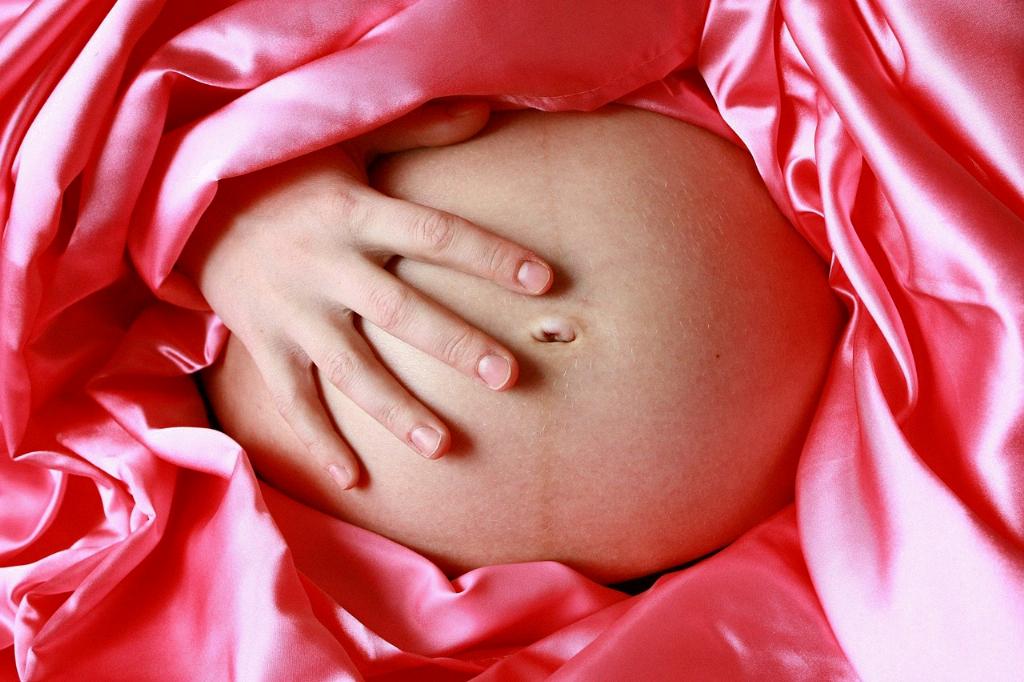When it comes to pregnancy, there are many uncertainties and worries that can arise. One common concern is the possibility of a miscarriage. Miscarriage is a term used to describe the loss of a pregnancy before the 20th week. It can be a devastating experience for expectant parents, and understanding the signs and symptoms can help in dealing with this difficult situation.
Common Signs of Miscarriage
Vaginal bleeding is often the most telling sign of a miscarriage. This bleeding can vary in intensity, ranging from light spotting to heavy bleeding with bright red blood or clots. It is important to note that not all cases of bleeding in pregnancy result in miscarriage, but it is vital to seek medical attention if you experience any bleeding.
What is Brown Spotting?
Brown spotting is a type of vaginal bleeding that occurs when blood is old and has had time to oxidize, giving it a brownish color. It is often lighter in flow compared to bright red bleeding. Brown spotting can be a normal occurrence in pregnancy and may not always be a cause for concern.
While brown spotting can occur in early pregnancy, it is not always an indication of a miscarriage. Many women experience brown spotting in the first trimester without any issues. However, in some cases, brown spotting can be a sign of a more serious problem, including a potential miscarriage.
Monitoring Symptoms
If you experience brown spotting during pregnancy, it is crucial to monitor your symptoms closely. Keep track of the color, amount, and frequency of the spotting. If the spotting is accompanied by severe cramping or abdominal pain, it could be a cause for concern and warrants immediate medical attention.
Seeking Medical Advice
It is always recommended to consult with your healthcare provider if you have any concerns about your pregnancy. Your doctor can perform various tests, such as ultrasound and blood work, to determine the cause of the spotting and assess the health of the pregnancy.
Factors to Consider
Several factors can influence the presence of brown spotting during pregnancy, including hormonal changes, implantation bleeding, cervical irritation, or infections. It is essential not to panic if you experience brown spotting, but rather to stay informed and seek professional guidance.
Emotional Impact
Experiencing brown spotting or any form of vaginal bleeding during pregnancy can be emotionally challenging. It is normal to feel anxious, scared, or overwhelmed. Remember to reach out to your partner, family, or friends for support during this stressful time.
Coping Strategies
Coping with the uncertainty of pregnancy complications can be difficult. Engaging in self-care practices, such as meditation, gentle exercise, or talking to a counselor, can help you manage stress and anxiety. It is essential to prioritize your mental and emotional well-being during this time.
Conclusion
In conclusion, while brown spotting can occur during pregnancy, it is not always a definitive sign of a miscarriage. It is essential to pay attention to your body, seek medical advice when needed, and practice self-care to navigate the challenges of pregnancy. Remember that you are not alone, and support is available to help you through this journey.

